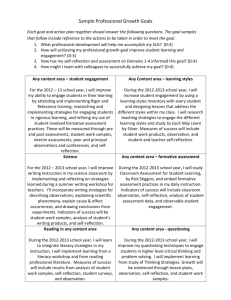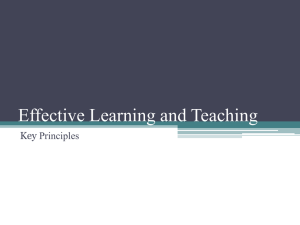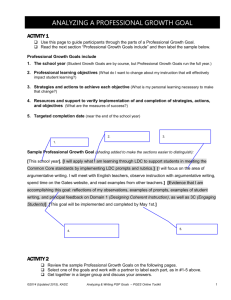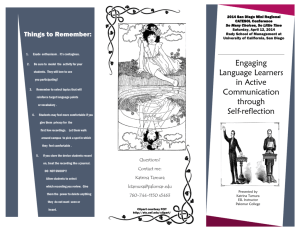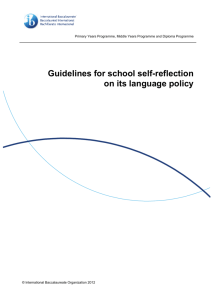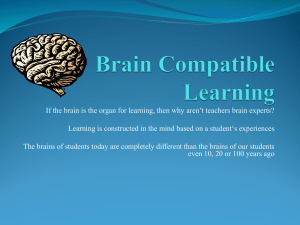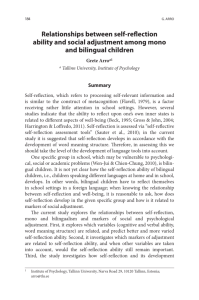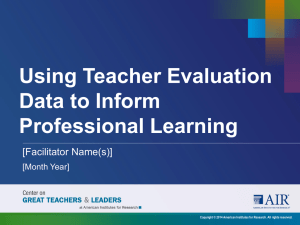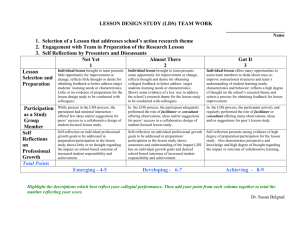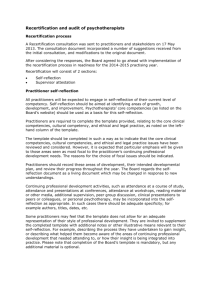Sample PGP goals newest - Caverna Independent Schools
advertisement
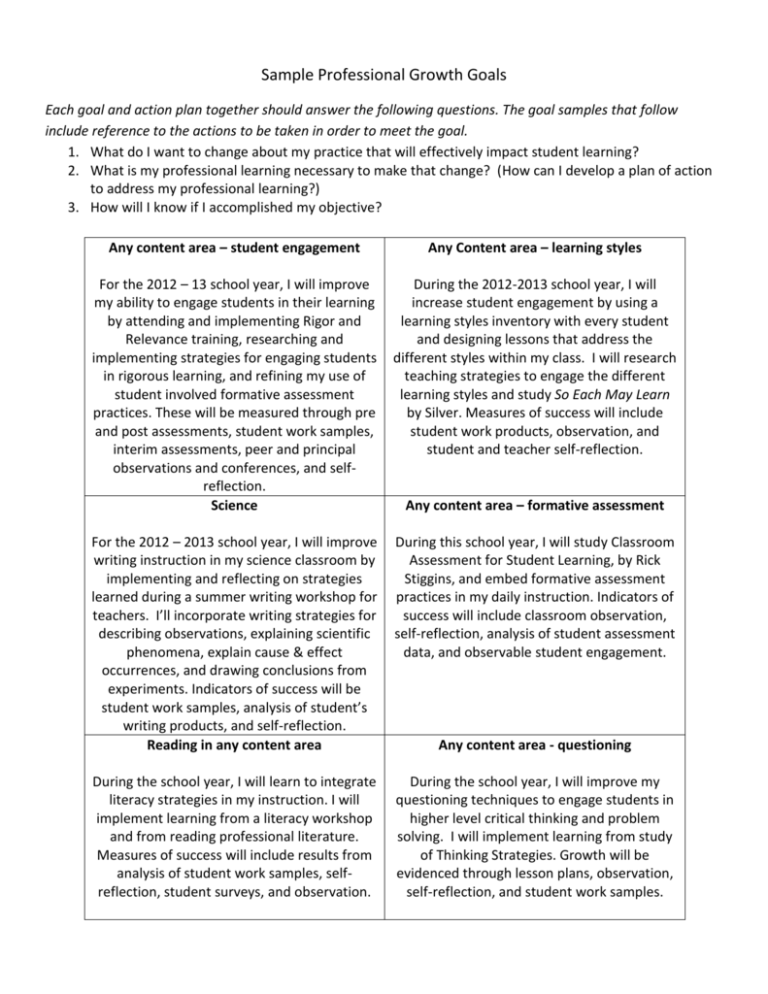
Sample Professional Growth Goals Each goal and action plan together should answer the following questions. The goal samples that follow include reference to the actions to be taken in order to meet the goal. 1. What do I want to change about my practice that will effectively impact student learning? 2. What is my professional learning necessary to make that change? (How can I develop a plan of action to address my professional learning?) 3. How will I know if I accomplished my objective? Any content area – student engagement Any Content area – learning styles For the 2012 – 13 school year, I will improve my ability to engage students in their learning by attending and implementing Rigor and Relevance training, researching and implementing strategies for engaging students in rigorous learning, and refining my use of student involved formative assessment practices. These will be measured through pre and post assessments, student work samples, interim assessments, peer and principal observations and conferences, and selfreflection. Science During the 2012-2013 school year, I will increase student engagement by using a learning styles inventory with every student and designing lessons that address the different styles within my class. I will research teaching strategies to engage the different learning styles and study So Each May Learn by Silver. Measures of success will include student work products, observation, and student and teacher self-reflection. For the 2012 – 2013 school year, I will improve writing instruction in my science classroom by implementing and reflecting on strategies learned during a summer writing workshop for teachers. I’ll incorporate writing strategies for describing observations, explaining scientific phenomena, explain cause & effect occurrences, and drawing conclusions from experiments. Indicators of success will be student work samples, analysis of student’s writing products, and self-reflection. Reading in any content area During this school year, I will study Classroom Assessment for Student Learning, by Rick Stiggins, and embed formative assessment practices in my daily instruction. Indicators of success will include classroom observation, self-reflection, analysis of student assessment data, and observable student engagement. During the school year, I will learn to integrate literacy strategies in my instruction. I will implement learning from a literacy workshop and from reading professional literature. Measures of success will include results from analysis of student work samples, selfreflection, student surveys, and observation. During the school year, I will improve my questioning techniques to engage students in higher level critical thinking and problem solving. I will implement learning from study of Thinking Strategies. Growth will be evidenced through lesson plans, observation, self-reflection, and student work samples. Any content area – formative assessment Any content area - questioning Special Education Teacher Leadership During the 2012-2013 school year, I will increase my knowledge of supporting students with autism. I will research on-line resources, consult with district/state/cooperative special education coordinators, observe a mentor teacher, and participate in an on-line short course on autism. This will be evidenced by notes and self-reflection, anecdotal notes on my interactions with autistic students, and the short course certificate. This school year, I will learn best practices for mentoring new teachers in my building. I will participate in the district study group and Cognitive Coaching PD and attend a KYVL online course for mentoring teachers. Evidence of success will include district PD certificate, course completion certificate, mentee teacher surveys, self-reflection on mentoring opportunities. Literacy Design Collaborative (LDC) teachers Math Design Collaborative (MDC) teachers This school year, I will implement what I am learning through LDC to support students in meeting the Common Core standards. I will design action research around implementing LDC modules as intended, analyze student work, and reflect on impact on students. Success criteria includes self-reflection, student surveys, analysis of student before & after work samples, and completed modules. During the 2011-2012 school year, I will improve my ability to think more deeply about mathematical concepts using what I am learning through MDC about math formative assessment lessons. I will engage my students in more critical thinking and problem solving about mathematics and help students persevere when struggling to learn new concepts. This will be evidenced by formative assessment lessons student work samples, observation, and self-reflection. Any content area - technology Writing in any content area During the school year, I will increase student use of technology for learning in my classroom. I will collaborate with a district technology cadre to learn ways to integrate learning with technology in instruction. We will also study Kajder’s book Adolescents and Digital Literacies and other resources. Evidence of success includes lesson plans, student work samples, and self-reflection. During the 2011-2012 school year, I will learn to incorporate online writing tools in my writing workshop. After collaborating with the technology resource teacher to investigate Google Docs and other on-line tools, my students will have opportunities to write independently, collaboratively and give/receive feedback using the tools. This will be evidenced by student writing samples, lesson plans, and reflection.
